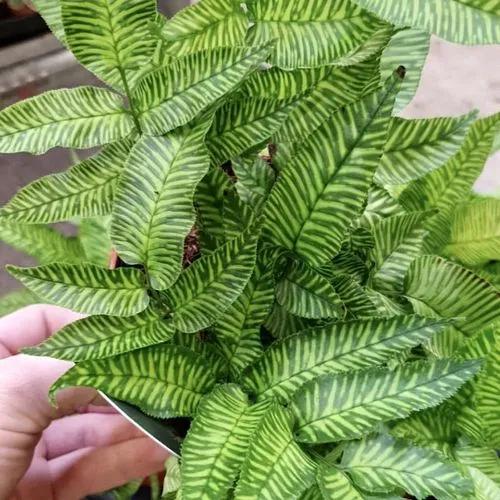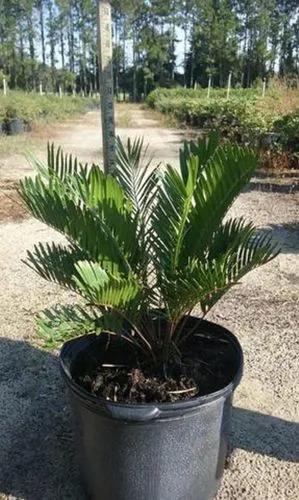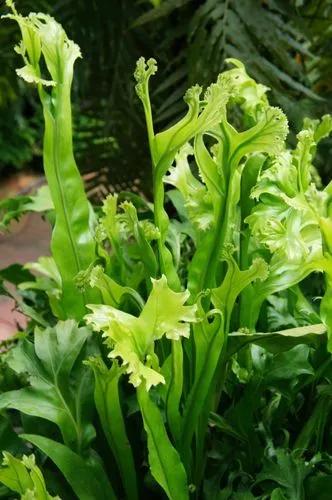N. duffii - N. duffii is a tender, compact, clump-forming, evergreen fern with arching stems bearing small, rounded, aromatic, bright to yellow-green pinnae.
Duffii Fern Care
Nephrolepis 'duffii'



How to Care for the Plant

Soil

Lemon buttons ferns thrive in moist, well-drained, acidic soil with a pH of 4 to 7. This adaptable plant tolerates sea air and salty soil. Water a lemon buttons fern deeply to saturate the soil around its root zone, and water it again when the top 3 inches of soil feels dry to the touch.

Temperature

Nephrolepis cordifolia 'Duffii' thrives best in 65 to 75 degrees Fahrenheit. However, it can survive temperatures as low as 55 degrees Fahrenheit for short periods of time. Like its counterpart, Boston Fern, this plant is usually found in well-drained and moist soil in areas of medium to high humidity.

Additional

Add humidity with a pebble tray, group plants, use a humidifier, place in a kitchen or bathroom, or plant in a terrarium. Toxicity: Non-toxic to cats, dogs and humans.

Popularity

81 people already have this plant 15 people have added this plant to their wishlists
Discover more plants with the list below
Popular articles






